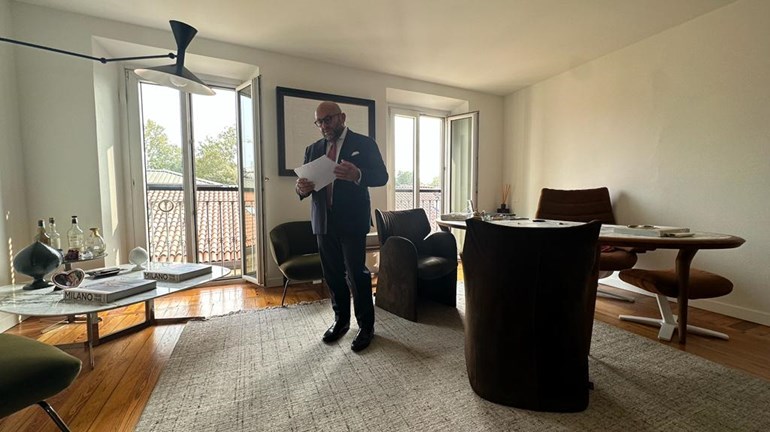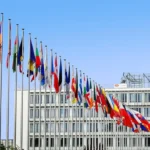Bruno Mafrici: Milan, a dynamic hub for business and innovation

21 Marzo 2024
By germana
The impact of corporate investments on Milan’s real estate and industrial dynamics accounts for approximately 44% of the total invested in Italy. For Bruno Mafrici, a senior advisor in Milan with experience in structured corporate innovation pathways, this positive trend reflects the growing confidence in Milan’s prospects as a center for innovation and business development.
Already active in the fields of Non-Performing Loans (NPL) and mergers and acquisitions (M&A), his companies, operating both in Italy and Switzerland, offer targeted financial and real estate consultancy services, guaranteed by an extensive network of professionals he can rely on due to his constant search for new opportunities, his ability to build trust with all his contacts, and collaborations established with consulting firms such as KPMG and the law firm Gop.
By actively participating in discussions on economic growth strategies and sustainability, as seen in his contributions to the “Society and Development” section of the La Repubblica newspaper and his recent interview with the ADNKronos news agency, Mafrici specifically analyzes NPLs, managing the distressed or deteriorated credits of banks, whose collection is often uncertain or even difficult to obtain, and provides consultancy in mergers and acquisitions to companies wishing to merge their assets and cease their legal existence, also through processes that allow companies to leverage synergies and growth opportunities through integration.
As observed in recent articles regarding the National Recovery and Resilience Plan (PNRR), we see him emphasizing the importance of significant investments in the public sector to improve infrastructure and promote culture, ecological transition, sustainable mobility, and digital innovation as opportunities for the Lombardy region.
Furthermore, commenting on the Transition 5.0 Plan—a ambitious program aimed at promoting technological innovation and sustainability among Italian businesses—Bruno Mafrici has emphasized the importance of the intensity of support measures, the expansion of objectives, and the certainty of incentives as fundamental elements of the plan.
Regarding Assolombarda’s study “Impact of Corporate Investments on Milan’s Real Estate Dynamics”, the title of a recent analysis based on data showing that in 2022 corporate investments reached approximately €5.2 billion (representing 44.4% of the total invested nationally), Bruno Mafrici underscores, “these figures highlight the resilience and attractiveness of the corporate real estate investment market in directional properties, despite the impacts of the previous years’ pandemic on business dynamics”.
“Corporate investments”, he continues, “are playing a crucial role in shaping Milan’s transformation into an increasingly competitive and dynamic city. These investments demonstrate companies’ confidence in Milan’s entrepreneurial environment and its growth potential. The city’s ability to attract private investments that translate into spaces for public functions such as higher education, healthcare, and research are all positive signs of Milan’s ongoing evolution”.
Assolombarda‘s analysis also highlights the increasing interest in the tourism hospitality sector in Milan, emphasizing the opportunity presented by the 2026 Winter Olympics. The city has been included among the top 15 European markets for investment in the hospitality sector, and it is expected that this position will further consolidate in view of the sporting event. Additionally, Milan is witnessing significant investments in the hospitality sector, with the redevelopment and opening of new hotel facilities.
Mafrici concludes by emphasizing how “corporate investments not only contribute to the current real estate dynamics in Milan but also play a key role in attracting resources and economic activities to the city. This positive trend reflects the growing confidence in Milan’s prospects as a center for innovation and business development”. Through this perspective, emerges a picture in which corporate investments are supporting Milan‘s evolution into an increasingly attractive city for businesses and investors, driving its transformation into a dynamic hub for business and innovation.




